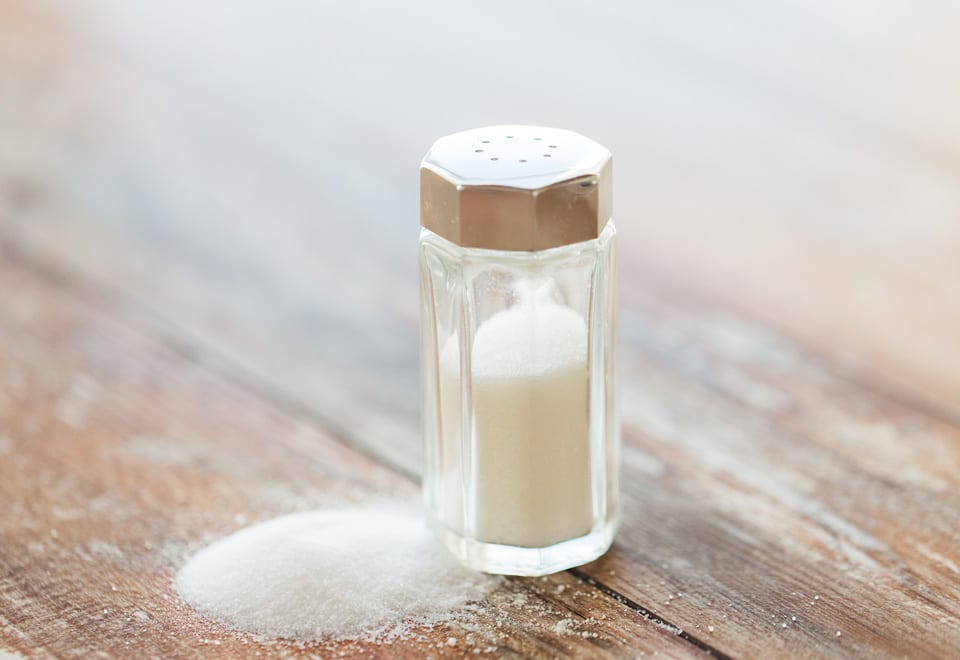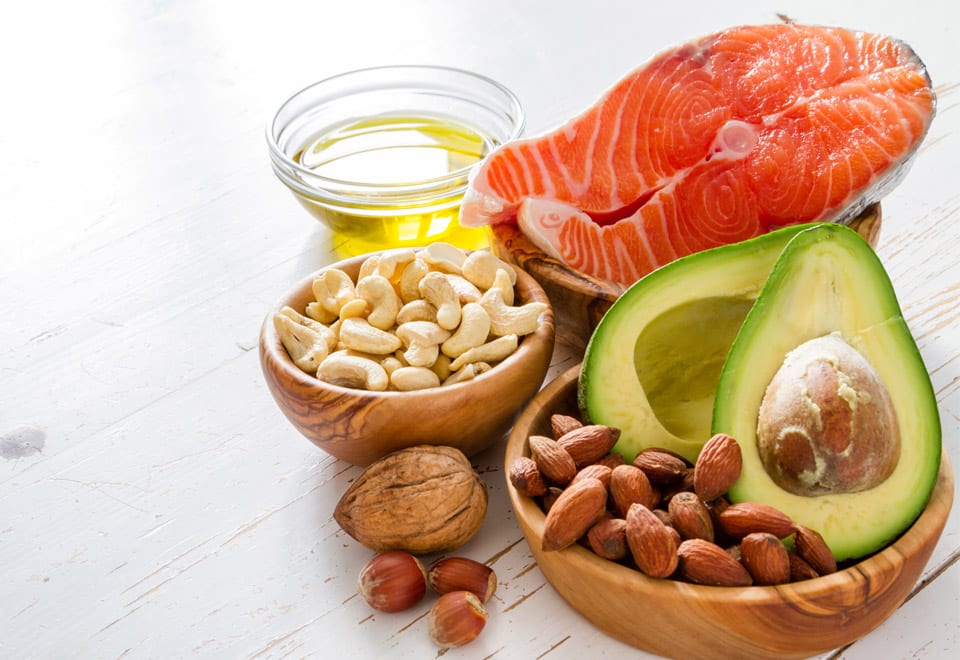As we age, we are more prone to age-related diseases. Some of these diseases such as hypercholesterolaemia, hypertension and type 2 diabetes can be positively impacted by simple changes in our diet and daily routine.
What are these conditions? Hyper- refers to a higher amount, and in this case, hypercholesterolemia refers to high cholesterol levels, whereas hypertension is high blood pressure. Both can be managed with medication; however, dietary changes are an easy way to see improvements. Diabetes is a result of the body’s inability to maintain appropriate blood sugar levels. Early signs of diabetes can be highlighted by your GP from blood test results, allowing time to make changes and prevent the progression to diabetes.
So, what kind of diet can help manage these conditions? Having a balanced diet with the right amount of salt, fat and fruit and vegetable intake can help manage common diet related diseases.
Salt intake

Looking at salt intake, the recommended intake should be no more than 5 grams per day, which is equivalent to a teaspoon, or around 2000mg of sodium. Considering sodium naturally occurs in food, we need to be mindful of sodium added during processing and cooking. This means not adding any salt during the cooking process and avoiding highly processed foods or choosing ‘no added salt’ options. Always read your food label when shopping for pre-made meals and always scan through the ingredients and look at sodium percentage on food label. Consider making your own foods instead of getting takeaway foods as you may not be aware of the amount of sodium in your meals.
Fat intake

With fat intake, the type of fats consumed are important as well as the amount. Not all fats are the same. There are good fats and bad fats. Understanding the difference between the types of fats and fat intake is beneficial when you’re planning your diet. The less healthy fats are saturated fats and trans fat while the healthier one is unsaturated fat. When it comes to saturated fats, use it sparingly as they are mostly found in animal and dairy products. Saturated fats include fatty cuts of red meat, poultry skin, high fat dairy foods and tropical oils. Trans fat appears in foods that contain hydrogenated vegetable oil which can be found in fried foods, butter, bakes goods, processed foods. Avoid trans fat when possible as it can raise bad cholesterol and increased risk of inflammation in the body. Looking at foods naturally higher in unsaturated fats will help to maintain good cholesterol and avoid the build-up of plaques in blood vessels. This includes oily fish, nuts, legumes, vegetable oils and avocado.
Fruit and vegetable intake

Finally, fruit and vegetable intake is very important. Both food groups have plenty of vitamins and minerals that are excellent in support our essential body functions. This can also help manage diet related diseases and risk factors for other conditions. Aim for 2 servings of fruit and 5 servings of vegetables each day. Sufficient intake of fruits and vegetables has been proven to reduce the risk of chronic diseases and body weight management. Research has found that reduced fruits and vegetable consumption is linked to poor health and increased risk of noncommunicable diseases (NCDs).
ACH Group offers a wide range of allied health services including dietetics, podiatry, physiotherapy, occupational therapy, exercise physiology and personal training to help you stay healthy as you age. We specialise in health and wellbeing for ageing bodies and our qualified health specialists will work with you on a personalised plan to help you achieve your health goals. Contact us on 1300 22 44 77 and speak to our friendly team and find out how we can help.



